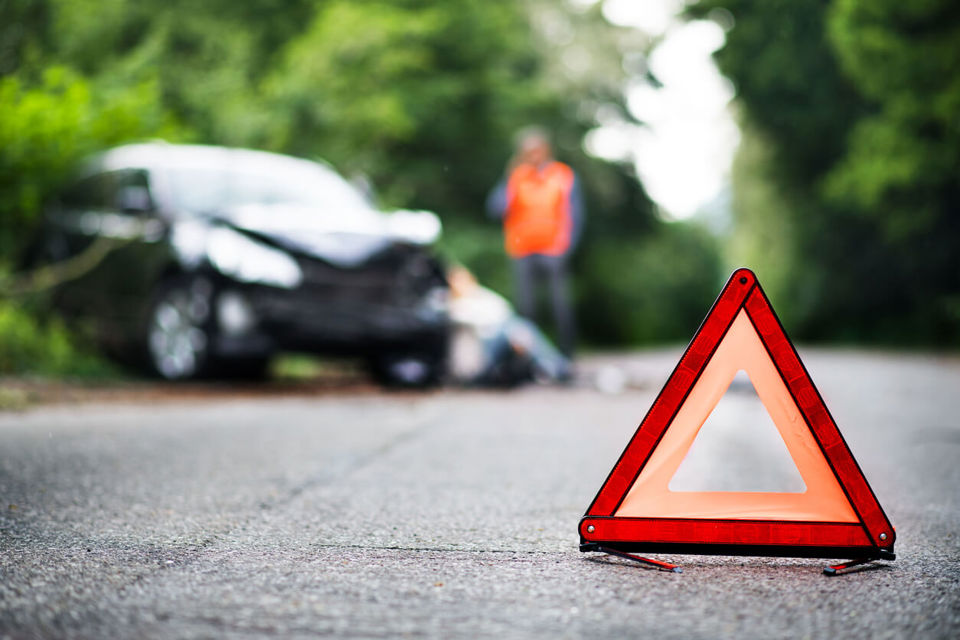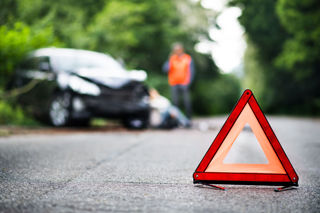The Government is to introduce measures to launch the country’s first-ever Road Safety Investigation Branch (RSIB) to reduce casualties and boost safety.
A specialised team of inspectors will look at how and why incidents happen and will provide insight into how new technologies such as self-driving vehicles can be safely introduced to public roads.
The branch, modelled on those in the rail, air and maritime industries, will investigate themes in the causes of collisions, as well as specific incidents of concern. It will make independent safety recommendations to organisations such as Government and police forces to better shape the future of road safety policy. This will also include incidents involving self-driving vehicles.
Roads minister Baroness Vere said: “The UK may have some of the safest roads in the world, but tragedies still happen and any injury or death on our road network is one too many.
“That’s why we’re establishing the road safety investigation branch, so we can boost safety for road-users even further and also bring safety measures in line with other modes of transport and the future of travel."
The decision to establish a new branch, which will either have GB- or UK-wide responsibilities, followed a public consultation, which was launched last year. It showed overwhelming support for the creation of such a branch as well as for its powers and responsibilities.
Currently, data and evidence is collated using in depth study programmes, the Collision Reporting and Sharing System (CRASH), Forensic Collision Investigation reports and Prevention of Future Death reports.
Government expects the Road Safety Investigation Branch to use this data alongside that from insurance companies, vehicle manufacturers, the emergency services and the NHS to deepen the body of evidence on incident causes and improve road safety interventions even further nationwide.
RAC Foundation director Steve Gooding said: “Over the past four years the Foundation has run the road collision investigation project with funding from Government and National Highways.
“Working with three police forces and many other experts we have demonstrated the strong case for a fresh way of investigating death and injury on the road network which is why we are delighted with this announcement.
“We look forward to working further with the Government to get the branch set up and make our roads safer still.”
The branch will not identify blame or liability and so does not replace police investigation. It will instead draw on all the available evidence to make recommendations to improve road safety and mitigate or prevent similar incidents in the future.
The Department for Transport expects to include measures to enable the creation of the branch in the forthcoming Transport Bill.






















Login to comment
Comments
No comments have been made yet.